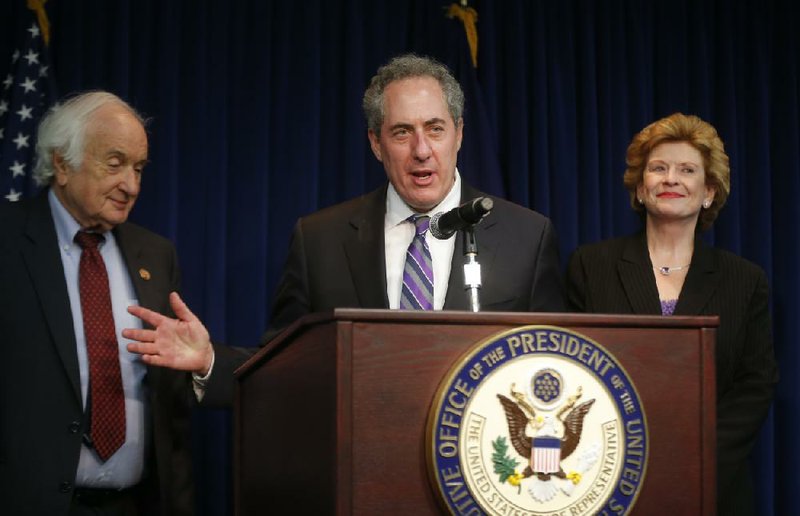The World Trade Organization ruled China's duties on autos imported from the U.S. violated global trade rules, a decision that adds to mounting commercial tensions between the world's two largest economies.
China improperly imposed tariffs on imported vehicles, including those made by General Motors Co. and Chrysler Group LLC, the WTO, a Geneva-based trade arbiter, ruled in a decision issued Friday. China added the duties in 2011 after the U.S. government bailed out the automakers during the global financial crisis.
"This is a significant victory," U.S. Trade Representative Michael Froman said at a news conference in Washington. "It's time for China to change the practices that have led the United States and our trading partners to bring these kinds of cases."
The U.S. this week escalated the trade battle with China, accusing five military leaders of stealing corporate secrets. The indictments follow complaints over issues such as tires, chicken parts, clean-energy products and credit-card payment services.
Officials from the Chinese Embassy in Washington didn't immediately respond to requests for comment on the case. The duties targeted in the 2012 U.S. complaint ended in December.
"This is more than a humdrum case," Rep. Sander Levin of Michigan, top Democrat on the House Ways and Means Committee, said Friday in appearing with Froman and Sen. Debbie Stabenow, also a Michigan Democrat. "There's been a vindication of the importance of having a rule of law in international trade."
In response to a U.S. complaint, the WTO found China improperly determined how the goods affected the Chinese market and didn't disclose how the tariffs were calculated, the U.S. trade office said, citing a ruling by the Geneva-based arbiter.
China imposed duties, as high as 21.5 percent, on U.S.-made cars and sport utility vehicles in December 2011, claiming the goods benefited from government subsidies and were sold in China for market below value, known as being "dumped." The tariffs followed the forced bankruptcy and government bailout of GM and Chrysler, now a unit of Italy's Fiat SpA in 2010. The U.S. challenged the duties in 2012.
Ford Motor Co., which didn't receive U.S. assistance from the auto bailout, didn't export vehicles to China during the investigation period and wasn't subject to the tariffs, company spokesman Christin Baker said in an email.
The value of the goods at issue -- including Chrysler's Jeep Grand Cherokee, and GM's Buick Enclave and Cadillac Esplanade -- were worth about $5.1 billion last year, according to the U.S. trade office. China is the second-largest export market for U.S. autos, the agency said in a statement.
In September 2012 the U.S. filed a separate WTO case against China alleging the Chinese government subsidized its own auto and auto-parts makers in violation of global trade rules. That case is still under review, according to the U.S. trade office.
The decision on the autos is the third recent victory for the U.S. in challenging China's anti-subsidy and anti-dumping practices, after decisions related to poultry and steel, the trade office said in its statement.
Since 2009, the U.S. has filed 17 cases at the WTO against China and other nations, including Indonesia and India, according to the agency. The U.S. doubled the rate of filings against China over that time.
"This announcement is a major victory for U.S. automakers," Rep. Dave Camp, a Michigan Republican and chairman of the House Ways and Means Committee, said in a statement. "We must continue to enforce our trade rights in the WTO to ensure that countries like China do not unfairly discriminate and retaliate against U.S. products."
Business on 05/24/2014
